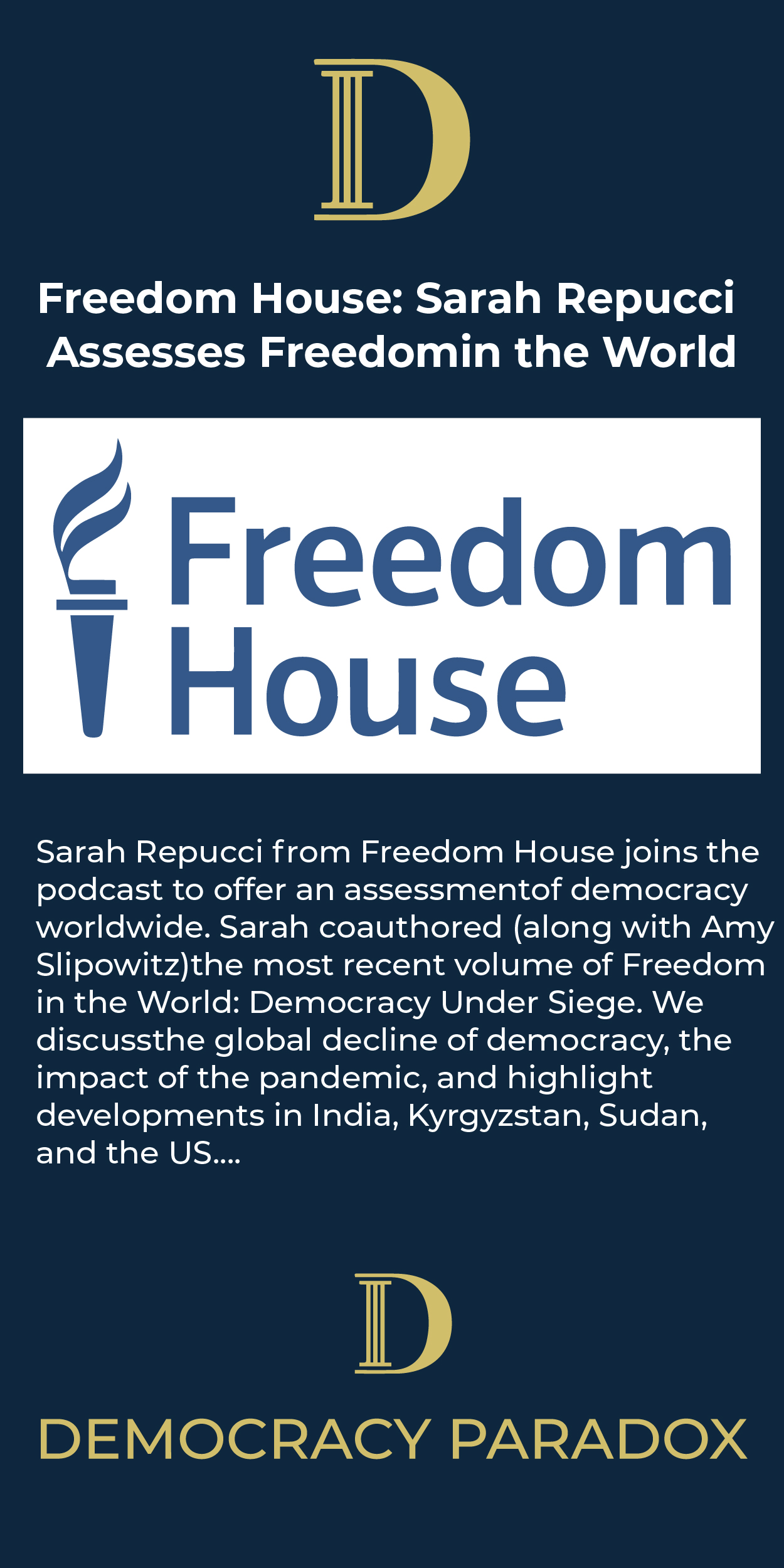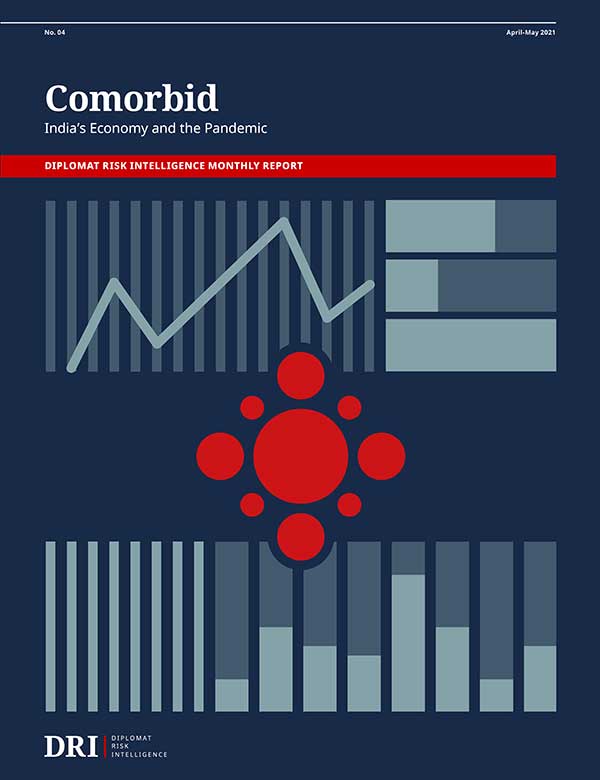| Welcome to the latest issue of Diplomat Brief. This week our top story looks at how Russia’s new National Security Strategy reframes its approach to the Asia-Pacific. We also have an interview with Natalie Hall, a research assistant at the Oxus Society, on how Beijing has taken its campaign against Uyghurs global. |
| Story of the week |  | SECURITY What Russia’s National Security Strategy Has to Say About AsiaWhat Happened: This July, Russia issued a new National Security Strategy, the first since 2015. The document outlines Russia’s national interests and strategic priorities. Its discussions of the Asia-Pacific indicate an interesting evolution in Russia’s approach to the region – and China in particular. Our Focus: “The attempt to avoid overdependence on Beijing dictates the way relations with China are characterized in the Strategy… Cooperation with China is no longer seen as a ‘key factor in maintaining global and regional stability’ – at least, this is not emphasized publicly,” writes Igor Denisov, a senior research fellow at the Moscow State Institute of International Relations. “The deletion of the ‘key factor’ formula, which featured in the two previous versions of the NSS, will have political implications, but it is premature as of now to measure the reach of this changed narrative.” What Comes Next: It remains to be seen how Moscow’s de-emphasis on the global, strategic nature of its partnership with China – and its enthusiasm for alternative regional frameworks – will play out in practice. But policymakers in Beijing will likely take note – and New Delhi would be wise to do so as well. Read this story |
| Behind the News | INTERVIEW Natalie HallNatalie Hall, a research assistant at the Oxus Society and co-author of the report “No Space Left to Run: China’s Transnational Repression of Uyghurs” on the role of technology in advancing China’s transnational reach: “Technology and social media have allowed the Chinese government to harass, track, and intimidate Uyghurs living abroad, making it nearly impossible for Uyghurs who have otherwise escaped China's orbit to be entirely free.” Read the interview |
| This Week in Asia | Northeast Asia An Olympic Breakthrough for Japan and South Korea?Tokyo and Seoul remain locked in acrimony over historical issues like forced labor and sexual slavery, as well as more recent economic maneuvers. A potential visit by South Korean President Moon Jae-in to next week’s Opening Ceremony of the Tokyo Olympics could provide the setting for a thaw – assuming both governments are in the mood to make nice, which remains to be seen. Find out more | South Asia Nepal Gets a New Prime MinisterOn Monday, Nepal’s Supreme Court blocked then-Prime Minister K. P. Oli’s move to dissolve the lower house of Parliament back in May. A day later, Sher Bahadur Deuba from the once-opposition Nepali Congress was appointed Nepal’s new prime minister. The next step in Nepal’s long-running political drama: The House of Representatives has been instructed to meet within a week to formally test whether Deuba controls a majority in the chamber. Find out more | Southeast Asia ASEAN, Biden Camp to Hold First High-Level MeetingOn July 14 – just a few hours from now, in fact – the U.S. and ASEAN are scheduled to hold a virtual meeting of foreign ministers, the first high-level conclave between the two sides since President Joe Biden took office. The meeting comes after a planned hook-up in May was aborted when U.S. Secretary of State Antony Blinken experienced a technical malfunction. While the event will only last for 90 minutes, Washington will be hoping to use it to reassure the region of continued U.S. engagement in a context of growing Chinese assertiveness. Find out more | Central Asia Russia Cautions Central Asia Against Hosting U.S. ForcesMoscow had a “frank talk” with the states of Central Asia, according to Russian Deputy Foreign Minister Sergei Ryabkov, cautioning them against hosting U.S. forces in the region. The Taliban previously issued its own such warning. Find out more |
|  |





